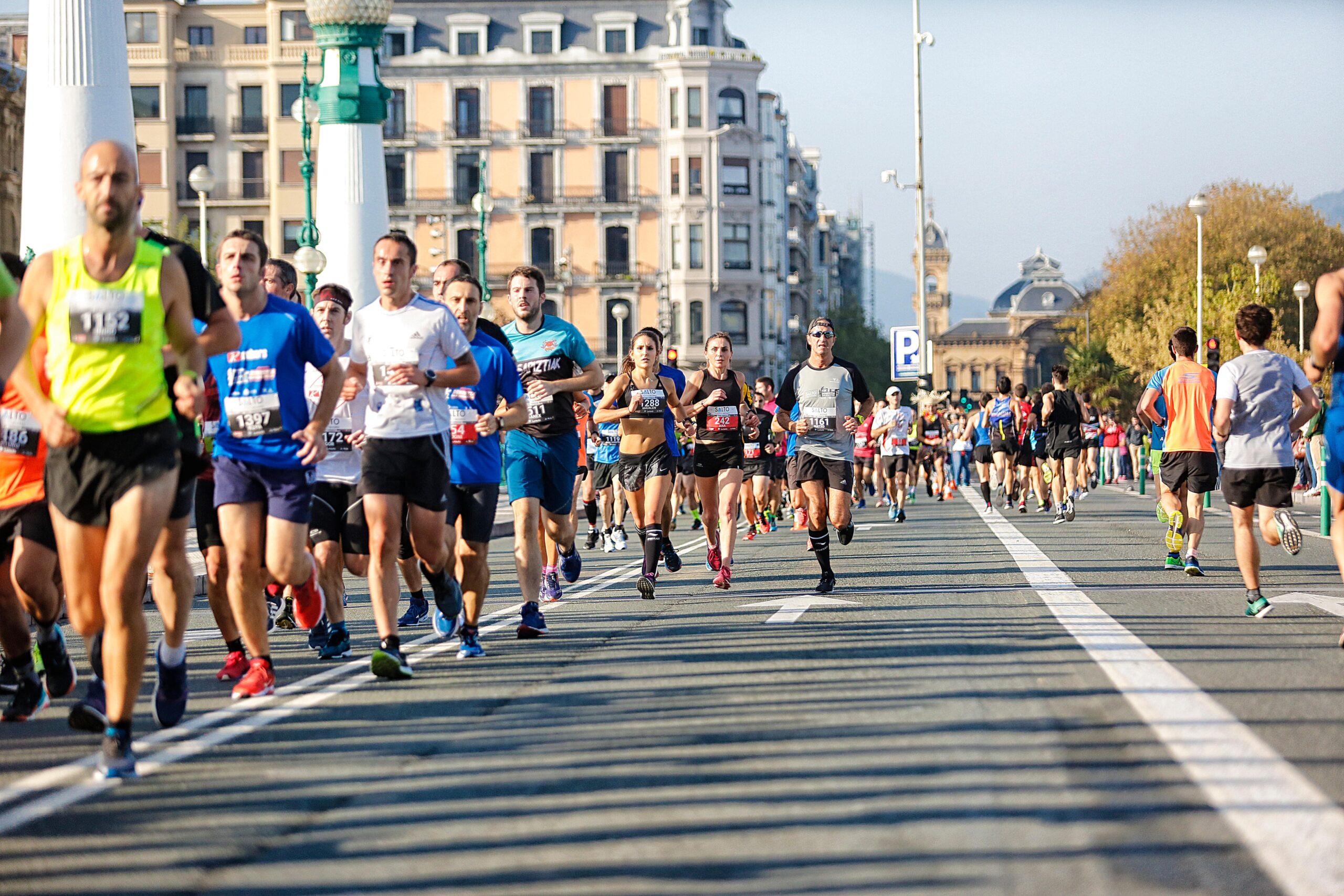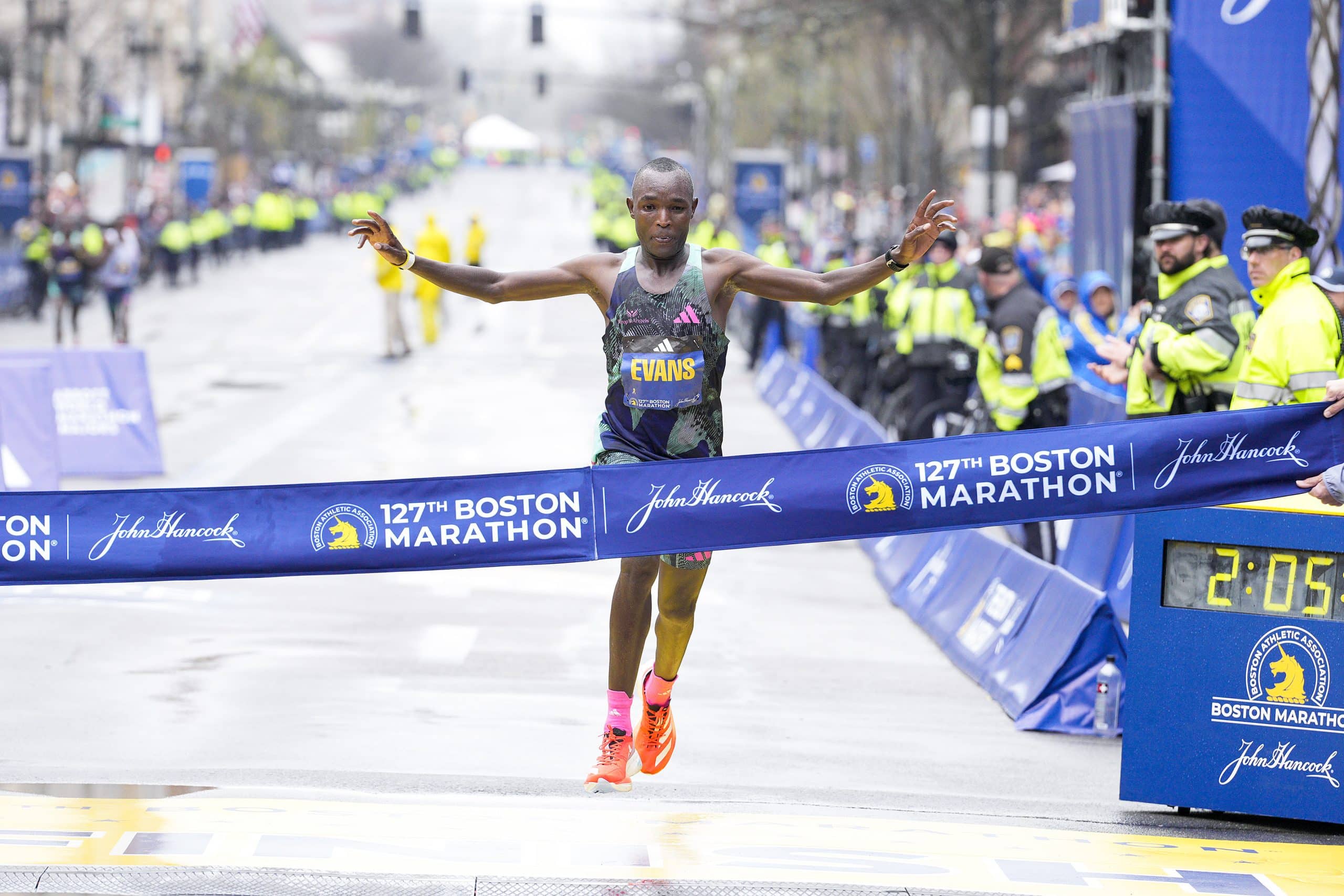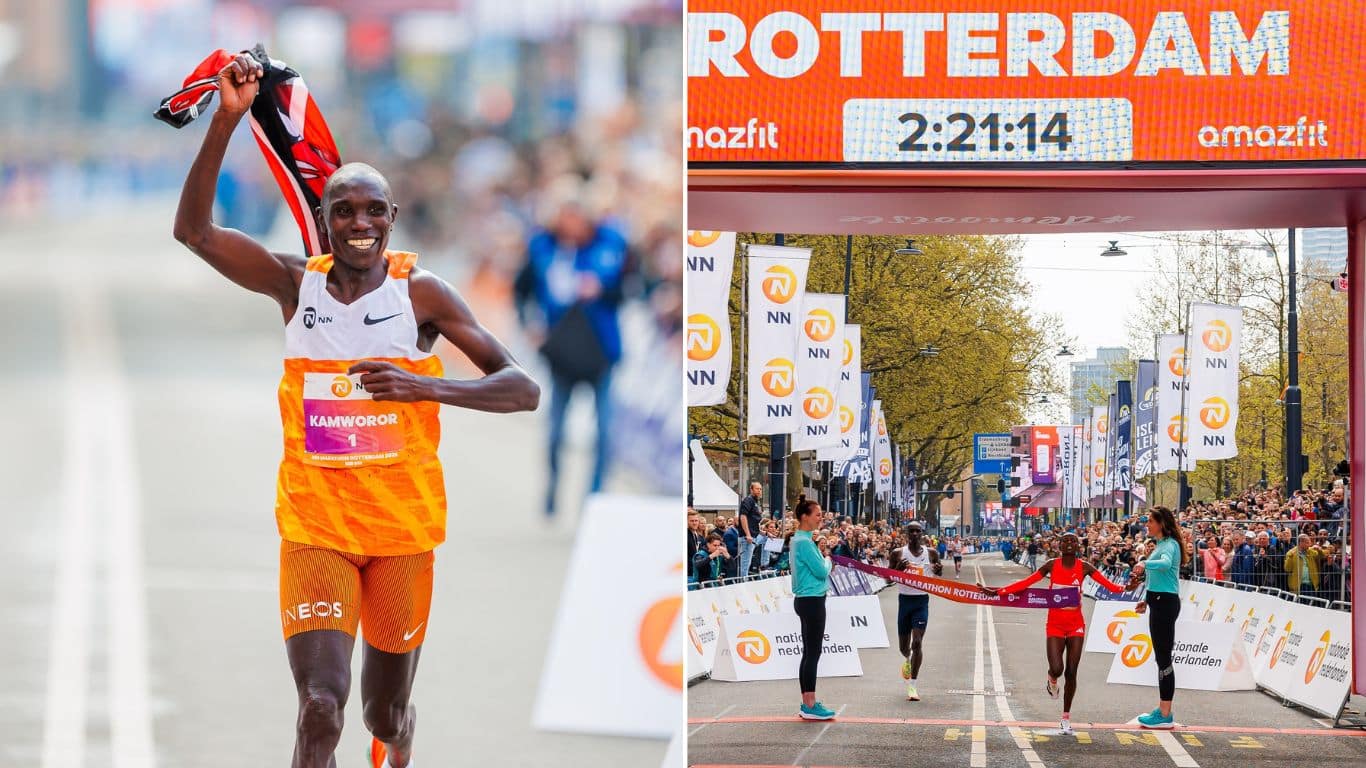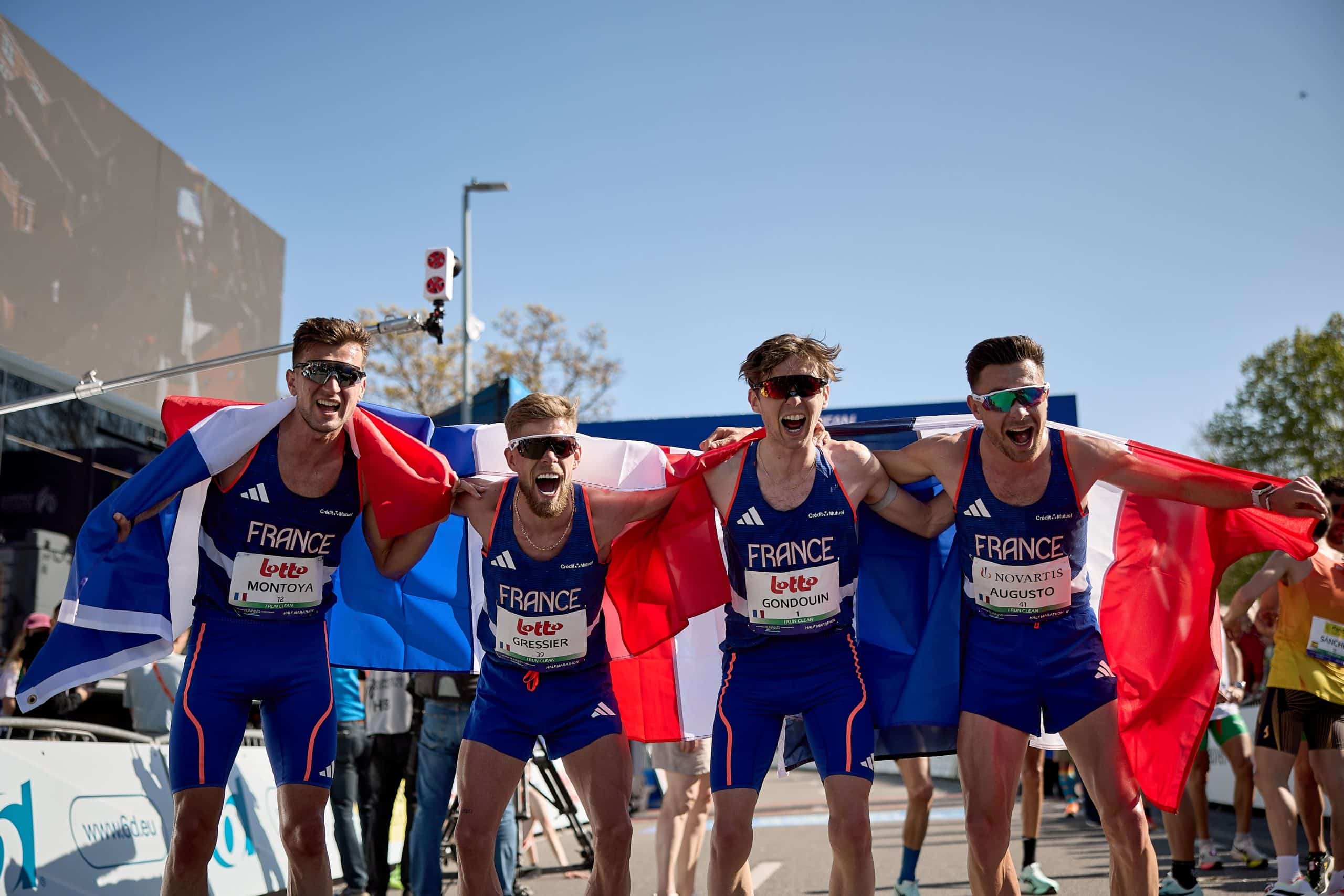What to Eat Before a Marathon?
01/10/2024 11:02The Ultimate Guide to Boost Your Performance
Preparing for a marathon isn’t just about training hard. While training is certainly essential, nutrition plays an equally vital role. But knowing what to eat before a marathon can sometimes feel overwhelming. Which foods should you prioritize? When should you eat? How can you avoid common mistakes? Is fast food and beer good for runners before a marathon? This article aims to answer all these questions and help you create a nutritional plan that will allow you to perform at your best on race day and perhaps even avoid hitting the infamous marathon wall.
The Importance of Nutrition Before a Marathon
The marathon is an extremely demanding endurance test for the body. Running at a steady pace for several hours is a true physical challenge that requires significant energy input. If your energy reserves deplete completely during the effort, your muscles will no longer be able to produce the necessary energy to continue. And it is often at this moment that many runners face the dreaded “wall.” This is why nutrition is a crucial pillar for every marathoner, whether a beginner or an experienced runner. Proper nutrition helps to maximize energy reserves, providing your muscles with the necessary fuel to give your best on race day.
1. Nutrition Basics
The Role of Carbohydrates
Carbohydrates are the primary fuel source for marathon runners. They are stored as glycogen in the muscles and liver. During a marathon, these reserves are heavily relied upon. A diet rich in carbohydrates before the race helps increase these glycogen reserves, delaying fatigue and enhancing performance.
Proteins for Muscle Repair
Proteins are essential for muscle repair. Including quality proteins in your meals helps maintain muscle mass and repair the micro-tears caused by training.
Hydration: A Key Factor
Proper hydration is indispensable for a marathon runner. Water helps maintain a stable body temperature, transport nutrients, and eliminate waste. Even mild dehydration can seriously affect performance and potentially cause cramps. Therefore, it is crucial to hydrate correctly in the days leading up to the race to promote glycogen storage. It’s also time to monitor your electrolyte intake, particularly if temperatures are high on race day. You can consider isotonic drinks or electrolyte supplements to prevent cramps and maintain your water balance.
Some waters may be more beneficial than others. For example, bicarbonate-rich waters can help limit the effects of metabolic acidosis caused by proteins and muscle effort. The more acidic our blood, the more we are exposed to cramps, soreness, incomplete recovery, and thus injuries. From an acid-base balance perspective, it is therefore advisable to choose foods with alkaline properties that reduce body acidity, such as highly mineralized waters and fresh fruits.
2. The Week Leading Up to the Marathon
Carbo-Loading: How and Why?
The carb-loading strategy involves progressively increasing carbohydrate intake in the days leading up to the marathon, typically 3 to 4 days before the race. This technique allows you to fill and increase your muscle glycogen stores. It is recommended to consume about 7 to 10 grams of carbohydrates per kilogram of body weight per day during this period. For example, a person weighing 70 kg should consume approximately 700 grams of carbohydrates in the days leading up to the event, spread evenly throughout the day, ideally every 2 to 3 hours.
High glycemic index carbohydrates, such as bread, pasta, rice, and cereals, are particularly effective at maximizing glycogen stores because they are quickly digested and absorbed. It is also important to keep a relatively low-fat content to facilitate carbohydrate digestion.
Pasta Party
When thinking about a marathon runner’s diet, pasta is often the first food that comes to mind. The famous “Pasta Party” the night before the race has become a true tradition among runners. Pasta is indeed an excellent source of carbohydrates, ideal for fueling up. However, it is advised to cook them al dente to benefit from slow-releasing sugars, offering a more gradual release of energy. If possible, opt for gluten-free pasta, which will be more easily digestible.
Example Menu for a Carb-Loading Day:
- Breakfast: Banana pancakes with maple syrup, Greek yogurt.
- Snack: Fruit smoothie with yogurt and oats.
- Lunch: Rice (or potatoes) with grilled vegetables and a protein source like chicken or some legumes for vegetarians.
- Snack: Banana, bagel, or bread with peanut butter, cereal-based energy bar, yogurt with granola.
- Dinner: Green salad, pasta with a light tomato sauce, cottage cheese.
As the race approaches, your diet should become more focused. Continue to prioritize carbohydrates, but be sure to reduce fat and fiber intake, which can slow digestion and cause discomfort. Proteinsshould be present but in moderate amounts.
Example Menu for the 48 Hours Leading Up to the Race:
- Breakfast: Oatmeal porridge with fresh berries, honey, sports drink.
- Snack: 1 yogurt, banana, cereal-based energy bar
- Lunch: Quinoa with roasted vegetables and white fish fillets.
- Snack: Fruit smoothie with yogurt and oats.
- Dinner: Salad, rice, small portion of vegetables, chicken fillet, Greek yogurt.
3. Race Day
When and What to Eat?
First advice: don’t change your habits. If you’re used to a sweet breakfast, that’s perfectly acceptable. Since races often take place early in the morning to avoid high temperatures, the pre-marathon meal is generally consumed 3 hours before the start. This meal is important to prevent hunger pangs and avoid digestive discomfort. The race day meal should be rich in carbohydrates, include a small amount of protein, and be low in fats and fibers to facilitate digestion. You can have your usual hot drink, provided you’ve already tested its tolerance and impact on your digestion during previous long runs.
Example of Pre-Marathon
- Breakfast: Bowl of white rice with sliced bananas, a bit of honey, and a sports drink.
- Toasted white bread with light peanut butter and a small portion of plain yogurt.
Last-Minute Snack
There’s nothing more unpleasant than being on the starting line with a hunger pang. An hour before the start, you can consume a light snack to maintain your blood glucose level. This could be a cereal-based energy bar or a banana.
4. Things to Avoid
Foods to Avoid
While it’s essential to increase your carb intake, it’s important not to consume just anything. It’s often said that the gut is our “second brain,” as it plays a central role in nutrient absorption and their assimilation by the body. The goal is therefore to prioritize easily digestible foods. As the race approaches, this becomes even more important since digestion consumes energy you want to reserve entirely for your muscles during the effort. It’s unnecessary to eat pasta in the morning, as the assimilation time will be too long, and the stomach will be busy digesting during your effort. Therefore, it’s crucial to go easy on the stomach in the hours leading up to the race. It’s essential to eat enough, but not excessively.
Certain foods absolutely need to be avoided before a marathon:
- High-fiber foods: Dried fruits, legumes, raw vegetables.
- Fatty foods: Fried foods, hard cheeses, pastries, red meats.
- Spicy foods: Which can cause digestive issues.
- Unknown foods: Do not try new foods before a marathon; stick to what you know you digest well.
- Fast food and sodas: very fatty, acidic, calorie-dense, and low-nutrient foods.
If you consume alcohol, it may be beneficial to limit its consumption during your preparation to promote better sleep, better hydration, and better muscle recovery. This advice is obviously even more relevant during the week leading up to the race.
5. During the Race
Carbohydrate Intake During Effort
During the race, your body will use the carbohydrate reserves stored in the days before the race thanks to carb-loading to power your muscles. But beyond 90 minutes of effort, your glycogen stores will run out, and your body will not be able to produce the necessary energy to continue. The infamous marathon wall often appears around the 30 km mark because your energy stores have depleted. To delay the onset of this energy dip as much as possible, it is essential to consume carbohydrate intake throughout the race. This external carbohydrate source can be in liquid form (sports drink) or gels, commonly used by runners for their practicality. We’re talking about a carbohydrate intake of 70 grams to 120 grams per hour. The dosage can vary from one runner to another, depending on individual tolerance. Whether you are an amateur runner or a professional athlete, carbohydrate intake during the race is a determining factor for your performance.
Conclusion: The Importance of Personal Experience
Every runner is unique, and the ideal nutrition before a marathon can vary from person to person. It’s essential to test your diet during your training sessions to identify what works best for you. With proper nutritional preparation, you can approach your marathon with confidence, knowing that your body is ready to face the challenge. The vast majority of marathon runners tend to focus solely on physical training.
By adapting your diet to your training, you’ll maximize your chances of improving your performance. And in a marathon, conserving energy for the latter part is the key to success for an unforgettable experience.
In the end, the key to successful pre-marathon nutrition lies in planning, consistency, and listening to your own body. Happy racing!



